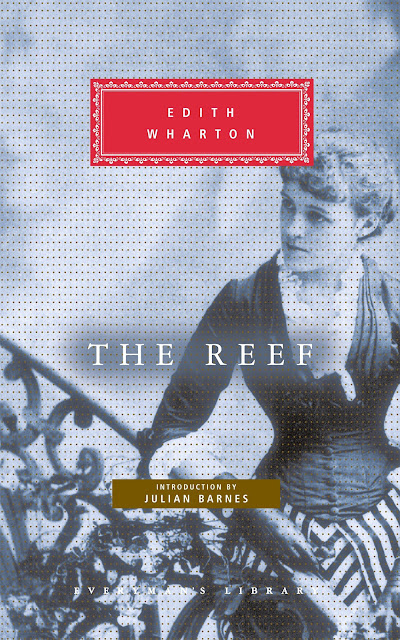
Edith Wharton’s The Reef (1912) tells the story George Darrow and his former love Anna Leath. Darrow was interested in Anna when he was young, but she married another man. After the death of Anna’s husband, they resume contact and plan to meet in Paris.
As Darrow is ready to travel from London to France to see Anna, she postpones their meeting with a short note, giving him no explanation. Darrow feels angry and humiliated, but decides to go to France. He meets a young woman named Sophy Viner. Sophy is a poor and sincere woman, and while Darrow cares little for her, he enjoys charming her and treating her to fancy meals and nights at the theatre. Darrow also wants to put Anna out of his mind. Darrow and Sophy have an affair.
It is unclear how their affair ends. Months later, Darrow is at Anna’s home, where she lives with her daughter, former mother-in-law, and stepson Owen. The plot thickens when Darrow meets Sophy again. She has taken a job as the governess of Anna’s daughter. Darrow and Sophy hide their relationship from the others.
Meanwhile, Anna and Darrow plan their wedding. Anna talks to Darrow about Owen’s interest in a young lady, and Darrow eventually learns that Owen has proposed to Sophy. His sympathy for Sophy conflicts with his opinion that she is not a suitable wife for Owen. Darrow and Sophy’s affair is eventually revealed in this perfectly executed plot.
Related Reviews:
Summer by Edith Wharton
Twilight Sleep by Edith Wharton
Purchase and read books by Edith Wharton:




© penciledpage.com

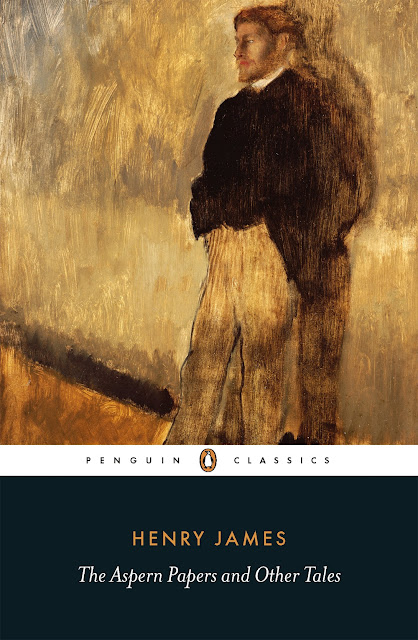



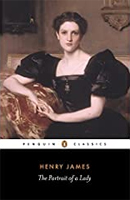


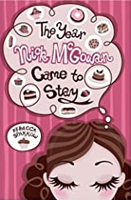



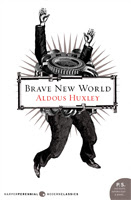

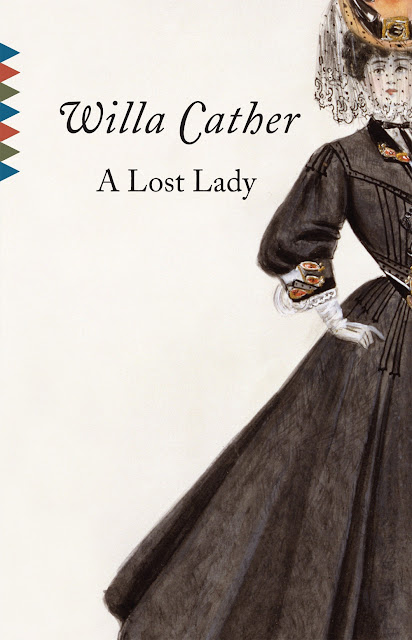
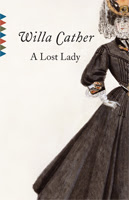


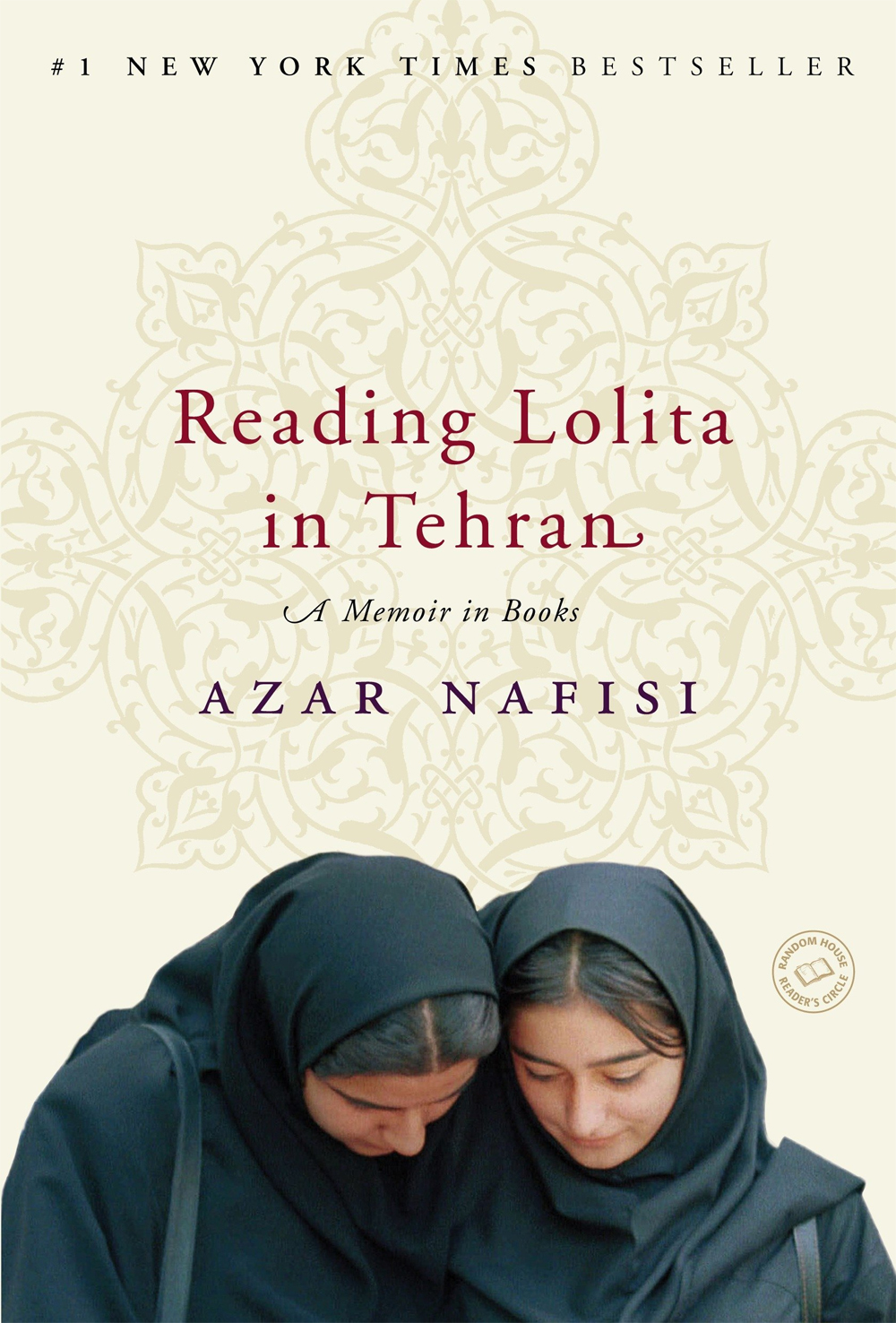

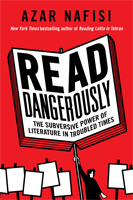




Search This Website